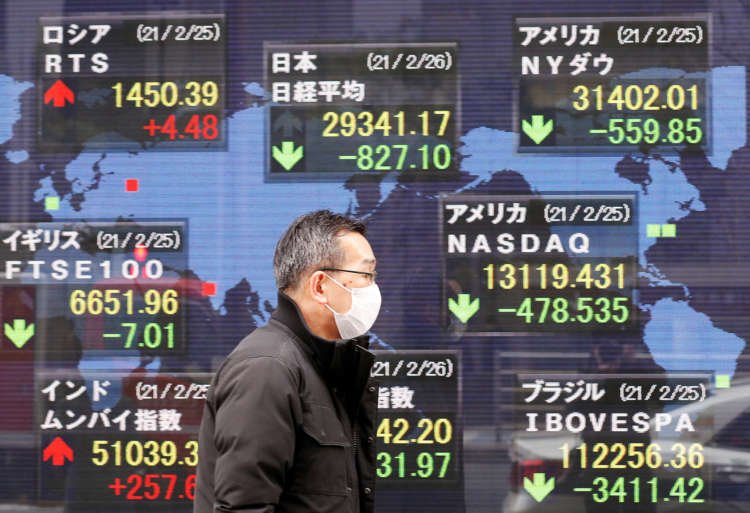Top Stories
Stocks and forex ride out Turkey shock
Published by linker 5
Posted on March 22, 2021
1 min readLast updated: January 21, 2026

Published by linker 5
Posted on March 22, 2021
1 min readLast updated: January 21, 2026

Explore more articles in the Top Stories category











